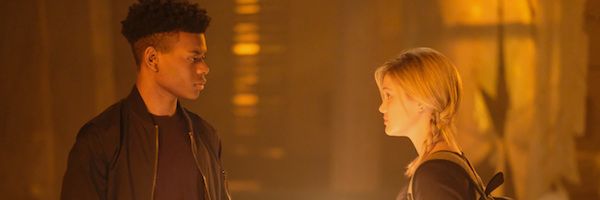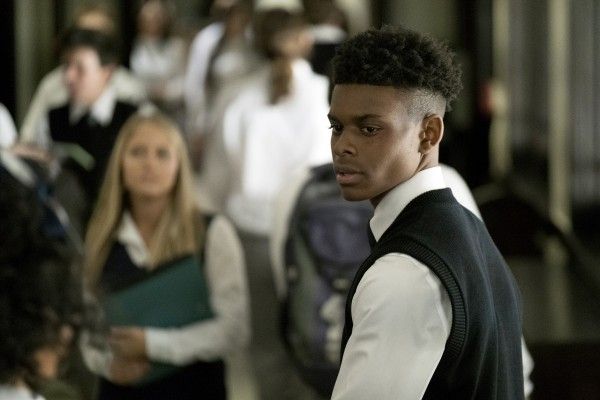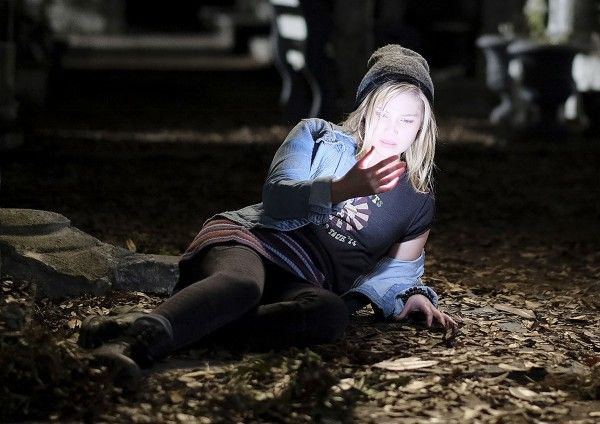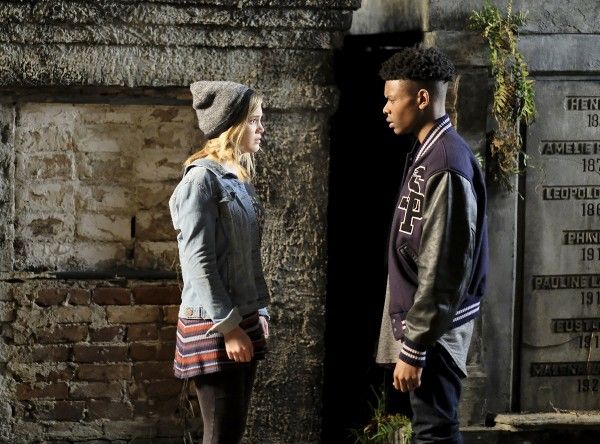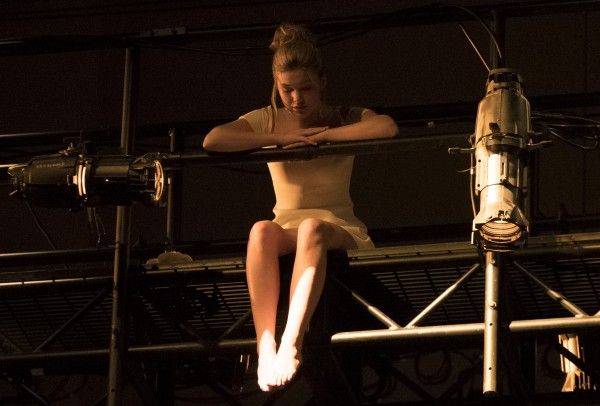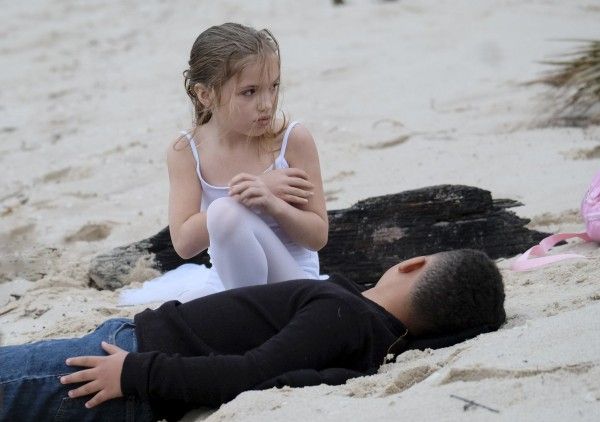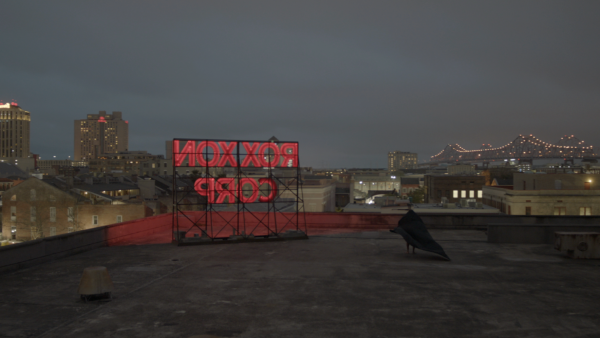It’s fun to watch a story about people with superpowers who like using them. One of the joys of a Marvel movie like Spider-Man: Homecoming is seeing a teenage kid actually being excited about having abilities. Tom Holland makes Peter Parker giddy at the idea, and even though there are some growing pains regarding how to control them, and what he can do with them (to fight crime, or whatnot), the overall effect is a positive one. Unfortunately, that joy is something that Marvel’s TV series often forget. There’s a fatigue creeping in with dark and gritty superhero stories, especially when they revolve around dour heroes who are upset and confused about their powers rather than intrigued by them and interested in exploring more. This is especially true when it comes to teen characters, like Parker, who are suddenly gifted with something extraordinary. When it’s a drag for our heroes to have powers, it’s also a drag to watch them.
Freeform’s Cloak & Dagger, based on the Marvel comic, focuses on two teens whose powers activate as children and then go dormant. One fateful, tragic night in their youth, both suffer the loss of a family member, and end up saving one another from certain death thanks to their abilities. It also swapped the trajectory of their lives — Tandy Bowen (Olivia Holt) goes from a privileged ballerina to a semi-homeless con artist as her family’s life falls apart, while Tyrone Johnson (Aubrey Joseph) sees himself and his family elevated into privilege, where he ends up attending private school. (Tandy is blonde and white, and Tyrone is wiry and black, so the show tries to make some statements about Tandy’s inherent privilege despite her financial situation, but it doesn’t do so particularly well).
As teens, Tandy and Tyrone accidentally run into each other again, literally, which sparks the return of their powers. For Tandy, it’s a white dagger that appears when she’s extremely upset, coupled with the ability to see people’s hopes just by touching them. For Tyrone, it’s a smokey force that can transport him anywhere, while also showing him people’s fears (also through touch). In the first 4 episodes available to critics (of an eventual 10), the two circle around each warily, rarely coming into contact with one another, but pulled together against their will. Neither one is happy about these supernatural developments, and both are still heavily shadowed by the deaths they witnessed as children. For the most part, they spend full episodes frowning, filled with confusion and fear, running from things, and being assaulted and beaten up.
If it sounds like Cloak & Dagger is therefore action-packed, do not be fooled — it’s most definitely not. The pace is exceptionally slow, and it takes those four episodes for Tandy and Tyrone to actually sit down and have a conversation, though a cryptic one, about what the heck is happening to them. It can be hard to know where to start a superhero story, but Cloak & Dagger’s choice to go for a full origin tale from the start, literally beginning in childhood, was maybe not the right one here. And while Joseph is good as a gifted young man haunted by the death of his brother (and guilt over it), Holt’s cherubic face coupled with Tandy’s stylish wardrobe make it hard to buy her as a hardened homeless kid who's addicted to pills and theoretically doesn’t have regular access to a shower.
The series also struggles with how it wants to split its time between the co-leads, especially since they spend so little time together in these early episodes. For the most part it leads to jarring edits, half-baked plots, and quickly-forgotten side characters. The series could also do a lot more with its New Orleans setting, which is a refreshing change from Marvel’s Netflix series which all take place in New York. And though there are some shoe-horned scenes about voodoo and Mardi Gras Indian culture (with Big Chiefs and Spy Boys, etc), it feels more contractually obligated than a natural part of the story. (There are also no attempts at Louisiana accents, which perhaps we should ultimately be grateful for, lest we end up in True Blood territory).
Cloak & Dagger airing on Freeform means that it should be geared towards a younger audience than it would be had it aired on sister network ABC, but the series never feels fully comfortable being either teen-oriented or more adult. It never really seems comfortable anywhere, really, as it skims through its scenes without investigating its surroundings, including the feelings or motivations of its characters. A sudden suicide-focused sequence towards the end of the fourth episode, for example, is particularly poorly handled, and is indicative of the shaky writing that plagues the series overall.
The Cloak & Dagger comics are known to be dark, so the question is ultimately less about whether or not the series is faithfully adapting these specific comics so much as whether or not this was the comic we needed adapted. There’s still a chance that Cloak & Dagger could right the ship and find itself as it works through this first season (it does get better with each episode), but whether or not viewers will stick around for it is unclear. Its heroes are suitably worth rooting for, if only they would find some positivity in their abilities, and they're certainly better together than apart (which is surely the point). Joy is a very underrated trait in dramas, and it’s especially valuable in supernatural series. As Cloak & Dagger should know, to find balance you need both darkness and light.
Rating: ★★
Cloak & Dagger premieres Thursday, June 7th on Freeform.

